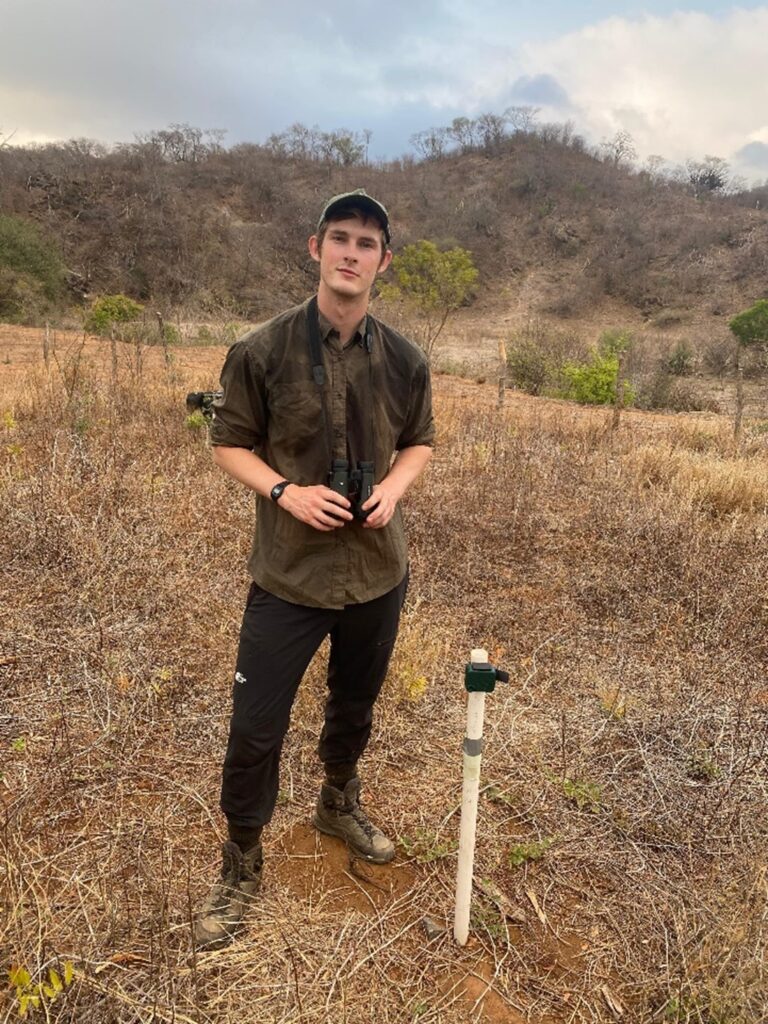Universiteit Utrecht
Tropical forests support much of Earth’s biodiversity and play key roles in carbon storage and the global water cycle. However, rapid deforestation and climate change threaten these functions, causing significant biodiversity loss. Despite these challenges, forest recovery after disturbances and exploitation offers a chance for negative carbon emissions. Understanding conditions for successful forest regrowth is essential. The PANTROP project, of which this study is a component, investigates forest resilience by examining recovering secondary forests’ composition and growth across 78 plots in Australia, Ghana, and Mexico. Here, we focus on one factor that may influence this ability of forests to recover: the role of avian seed dispersers. In Oaxaca, Mexico, we studied bird communities’ diversity and abundance across 31 plots at varying restoration stages and distances from old-growth forest. Using 56 acoustic recording units (ARUs), we collected over 500 days worth of audio. Now, we focus on developing a model that will help us to automatically identify bird species captured in these recordings. This should allow us to easily monitor the relative abundance of birds across the different plots over the course of multiple years, providing a very helpful insight into the relationship between avian seed dispersal and forest recovery.

